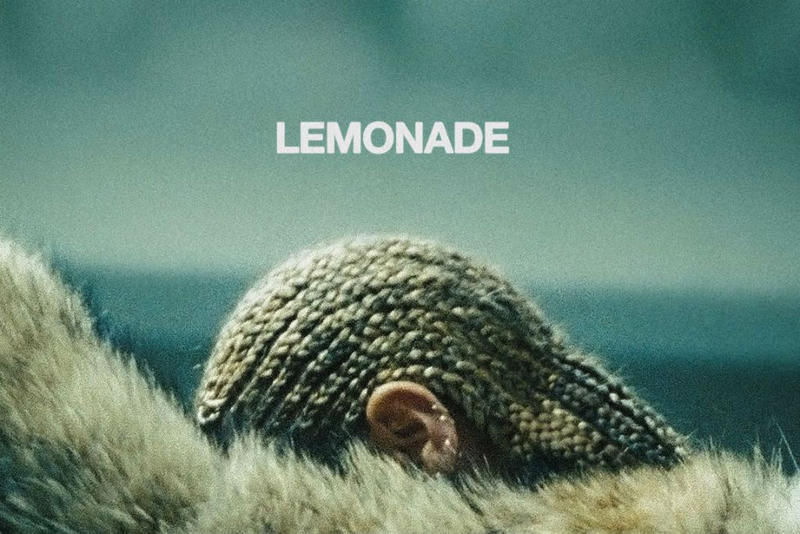How does Beyoncé's Lemonade represent women?
- Ellen Whelan
- Apr 8, 2019
- 2 min read
Updated: Apr 10, 2019

Although the visual album isn’t new it is widely acknowledged that “with two visual albums to her credit Beyoncé Knowles Carter is now the undisputed master of the form.” (Hornaday, p1)
In December in 2013 Beyoncé “changed the game with that digital drop.” (2014) She released her fifth studio effort without any prior warning along with a video for every song on the track and for many people, put visual albums on the map. Visual albums are extremely dissimilar to simply listening to a CD. It’s an entire experience the artist wants you to be immersed in.
In her second visual album Lemonade, Beyoncé represents a scorned demographic; “The most neglected person in America is the black woman” which is a direct quote from Malcolm X seen in the video for 'Don't Hurt Yourself’. She dismantles the Angry Black Woman Trope trope. A disguise all women recognize but black women, in particular, are trained to master it from an early age. Black female emotional expression is considered by the dominant culture to be unsettling, unfeminine, and scary. It can get a girl in trouble. Let it out for a hot minute, and one might earn the dreaded Angry Black Woman label. (McFarland, n.pag).
Lemonade serves as a critique of the medias lopsided and denigrating portrayal of black women. In the visual albums most, prominent cameos they are black women and girls who have been disrespected in the public eye and handled it with grace and dignity because they’ve had to. “Being a famous black woman means choking down a lot of hot sauce while maintaining a calm smile, even if you're burning up inside.” (McFarland, n.pag)
One of the women featured in the finale of the album is Amandla Stenberg. She was explicitly dehumanized for her portrayal of Rue The Hunger Games, as some filmgoers envisioned the character as white and complained that casting Stenberg made them care less about Rue’s death.
In Lemonade, Beyoncé places the spotlight on African-American woman’s pain and combats the angry black woman stereotype in a searing and powerful manner.
Works Cited
Beyoncé. “Don’t Hurt Yourself.” Lemonade, Parkwood Entertainment, 2016, www.beyonce.com/album/lemonade-visual-album/ Accessed 20th April 2018.
Hornaday, Ann. “How Beyoncé perfected the 'visual album' with 'Lemonade.'” The Washington Post, Apr 26, 2016. file:///C:/Users/Ellen/Documents/FX2007%20Special%20Studies%20in%20Screen%20Media/Blog/ProQuestDocuments-2018-04-20%20(3).pdf Accessed 20th April 2018.
McFarland, Melanie. “Beyoncé's Lemonade tears apart the most demeaning stereotype of black women” Vox, May 4, 2016. https://www.vox.com/2016/5/4/11573402/beyonce-lemonade-review-angry-black-woman Accessed 20th April 2018.
Nicki Minaj ft Beyoncé. “Feeling Myself.” The PinkPrint (Deluxe Edition), Cash Money Records, 2014, https://www.nickiminajstore.com/the-pinkprint-explicit-deluxe-version.html Accessed 20th April 2018.
Stern, Marlow. "'Sexy Baby' Documents how the Cyber Age Changed Women and Sex." The Daily Beast, Apr 26, 2012. ProQuest, https://search-proquest-com.ucc.idm.oclc.org/docview/1648406345?accountid=14504. Accessed 20th April 2018.
Thibeault, Melanie. "Blurring the Lines of Cultural Appropriation in American Pop Culture." University Wire, Nov 06, 2013. ProQuest, https://search-proquest-com.ucc.idm.oclc.org/docview/1448934111?accountid=14504. Accessed 20th April 2018.






Comments